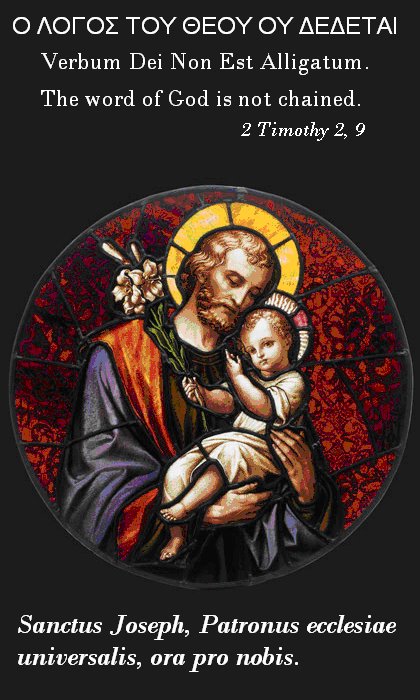In the Foreward to his book, Karl Stern makes an interesting observation about conversion stories:
"To write the story of a conversion is a foolish undertaking, for the convert, the "turned-around," is a fool. He is a fool in the sense in which Saint Paul uses this word. All stories of conversion appear to have something subjective-arbitrary, some tragic secret. The communication contains something incommunicable. Even the story of St. Augustine, told by a powerful spirit in the crystalline, translucent atmosphere of the Mediterranean, contains that foolish, devious something, the element of dark solitude.
"All true love is subjective and unique, and at the same time creates communion. Here, as always, love of the sexes is an image of divine love. There is something about falling in love which cannot be re-experienced by the outsider; it is something lonely: the lovers leave everything behind them. Yet love is not true love when it is only unique and lonely; it must also create community. The Tristan and Isolde of Wagner are abandoned to death but the Tamino and Pamina of Mozart enter through the Gates of Life. What is true of those who love is also true of those who know. It is no coincidence that in Hebrew the word Yadoa is the word for knowing and for the physical consummation of love.
"In spiritual love the two forces of solitude and community create power like the two poles of an electrical element. If the Christian religion were lived only in the cell of a Saint John of the Cross, it would become something lunatic and asocial. And if it were concerned only with the existence of the parish, it would soon resemble any business concern. In religion, if we must share the horrible cosmic solitude of the night of Gethsemani, neither must we refuse to belong to the multitude which is fed on bread and fishes.
"Seen 'from outside' a conversion is something adventurous and anarchic. We know from the story of poor Don Quixote how foolish it looks for someone to take ideas so seriously that he really rides away from home. However, the fact that the first voyage of Columbus appeared like a gigantic Quixoterie did not disprove the existence of the sought-for continent. If there are certainties, one must be able to find them.
"That one simple question, whether Jesus of Nazareth was God incarnate, becomes increasingly decisive between people, as history moves forward. Dostoievsky once said that it is the one question on which everything in the world depends. The answer to this question cuts into human ties and seems to reflect even on the nature of inanimate things. What if all that is folly in the eyes of the Greeks, and scandal in the eyes of the Jews, is Truth?"
Monday, March 23, 2009
Subscribe to:
Post Comments (Atom)

No comments:
Post a Comment